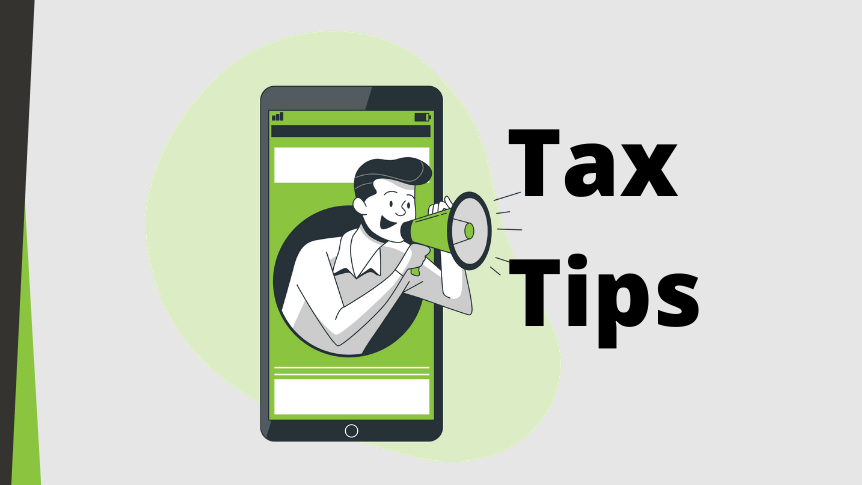How To Avoid Rental Property Tax Mistakes
As we head into the new financial year, the ATO has revealed the areas it will be paying particular attention to , when it comes to lodging your 2020/21 Tax Return. In particular, rental property deductions.
The following are our top tips to help rental owners avoid common mistakes in their tax returns.
Make sure your property is available for rent
To claim a tax deduction, your property must be genuinely available for rent. This means
- you must be able to show your intention to rent the property
- advertise the property and set the rent in line with similar properties in the area
- avoiding unreasonable rental conditions
Apportioning income and expenses for co-owned properties
You must declare rental income and claim expenses according to your legal ownership of the property. As joint tenants your legal interest will be an equal split, and as tenants in common you may have different ownership interests.
Claiming the right portion of your expenses
When you rent your property out to family or friends below the market rate, you can only claim a deduction for that period up to the amount of rent you received. You can’t claim deductions when your family or friends stay free of charge, or for periods of personal use.
In cases where your property may be used for both private and rental purposes, (eg holiday homes, airbnb and time-share units) you cannot claim a deduction for any expenditure incurred for those periods when the property was not genuinely available for rent.
Claiming repairs and capital improvements right
Any repairs that relate directly to wear and tear or other damage that happens as a result of you renting out the property, can be deducted immediately. For example, repairing part of a damaged roof. If you replace damaged equipment that costs more than $300 (eg replacing the entire hot water system or airconditioning unit) the cost must be depreciated over a number of years.
Replacing an entire structure when only part of it is damaged or renovating a kitchen/bathroom, is classified as an improvement and not immediately deductible. These are building costs which you claim at 2.5% each year for 40 years from the date of completion.
If you didn’t own the property when the improvements were completed, ask the prior owners to provide you with the details so you can correclty calculate the deduction you’re entitled to claim. If you can’t obtain those details from the previous owner, you can use the services of a qualified professional who can estimate previous construction costs (eg a quantity surveyor).
Claiming borrowing expenses
Borrowing expenses include loan establishment fees, title search fees and lenders mortgage insurance. If these expenses are over $100, the deduction is spread over five years. If they are less then $100, you can claim the full amount in the same income year you incurred the expense.
Insurance policy premiums on a policy that provides for your loan on the property to be paid out in the event that you die or become disabled or unemployed, are not deductible.
Claiming interest on your loan
If you take out a loan for your investment property, you are able to claim the interest as a deduction. If you redraw on the loan for personal use such as buying a car, you can’t claim the interest on that part of the loan. You can only claim the part of the interest that relates to the rental property. It is very hard to determine how much interest can be claimed for an investment propery that has private drawdowns on it. In some cases you could lose the ability to deduct interest as an expense for the investment property completely. The safest strategy is to always have a different loan for personal assets, and each investment property should have its own separate loan.
Claiming purchase costs
The expenses you incur when you purchase a property (eg conveyancing fees and stamp duty) are not deductable. When you sell your investment property, these costs are used when working out whether you need to pay capital gains tax.
Keeping the right records
To be able to claim everything you are entitled to, you must have evidence of your income and expenses. You will need to keep records over the period you own the property and for five years from the date you sell the property. Including the purchase documents in the event you are liable for capital gains tax.
Record keeping tips:
- Set up an easy-to-use record-keeping system. This can be as simple as a spreadsheet.
- Keep records of every transaction over the period you own the property, including contracts of purchase and sale, as well as conveyancing and loan documentation.
- Scan copies of your receipts to make it easier to store and access them.
Getting your capital gains right when selling
You may make either a capital gain or a capital loss when you sell your investment property. When you calculate your gain or loss, you must not include amount already claimed as a deduction against rental income earned from the property (including depreciation and capital works). If you make a capital gain, you will need to include the gain in your tax return for that income year. If you make a capital loss, you can carry the loss forward to offset any capital gains in future income years.
Whether you use a tax agent or choose to lodge your tax return yourself, avoiding these common mistakes will save you time and money.
For more information you can download the ATO’s Rental Property 2020 pdf or head to the ATO Website.


